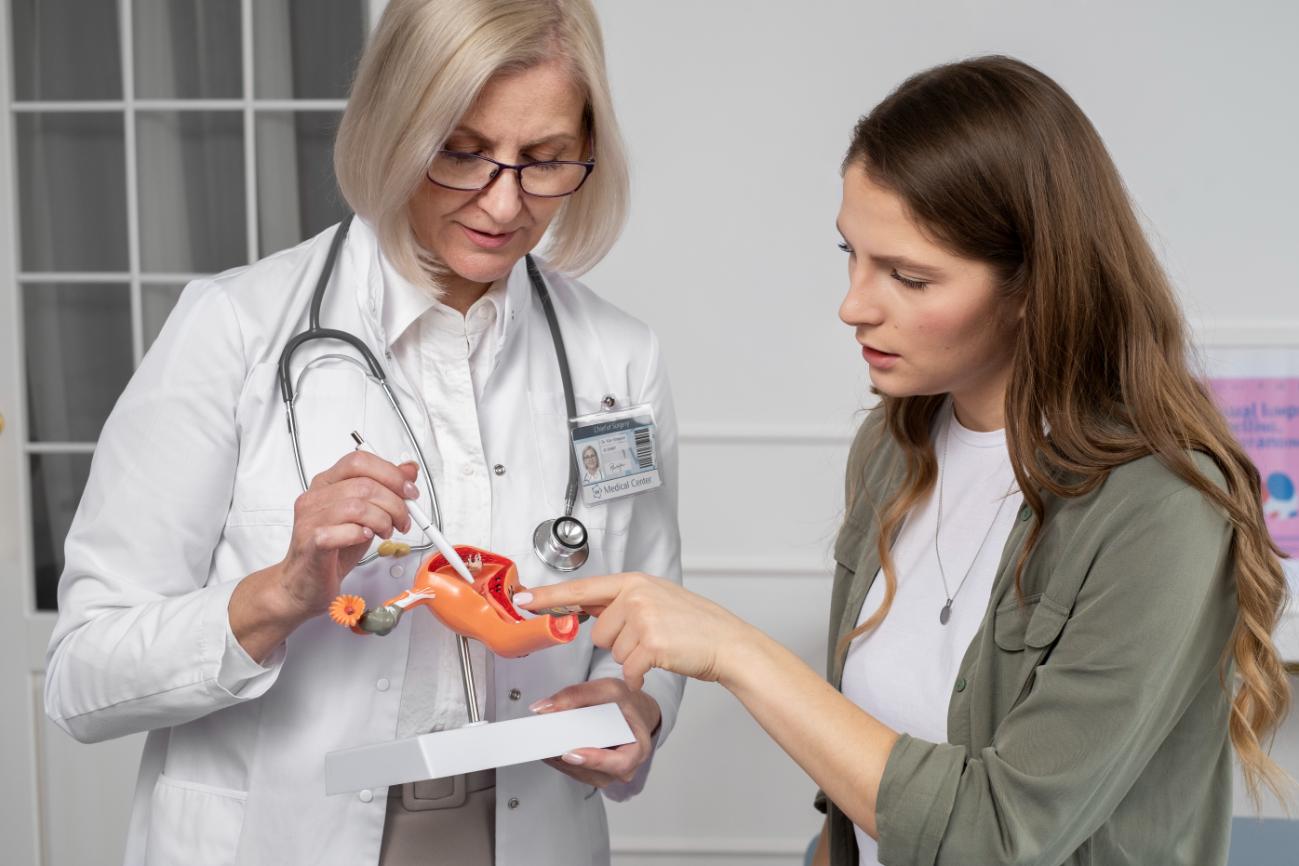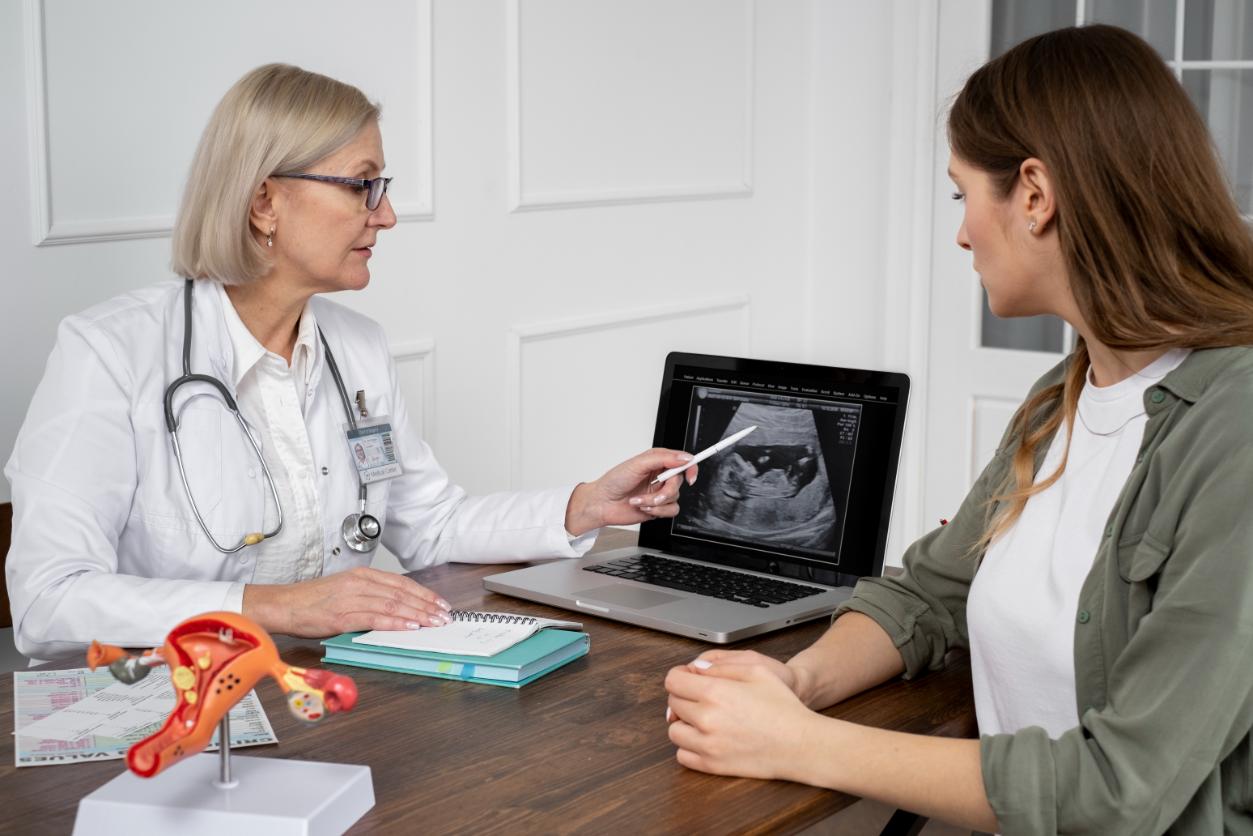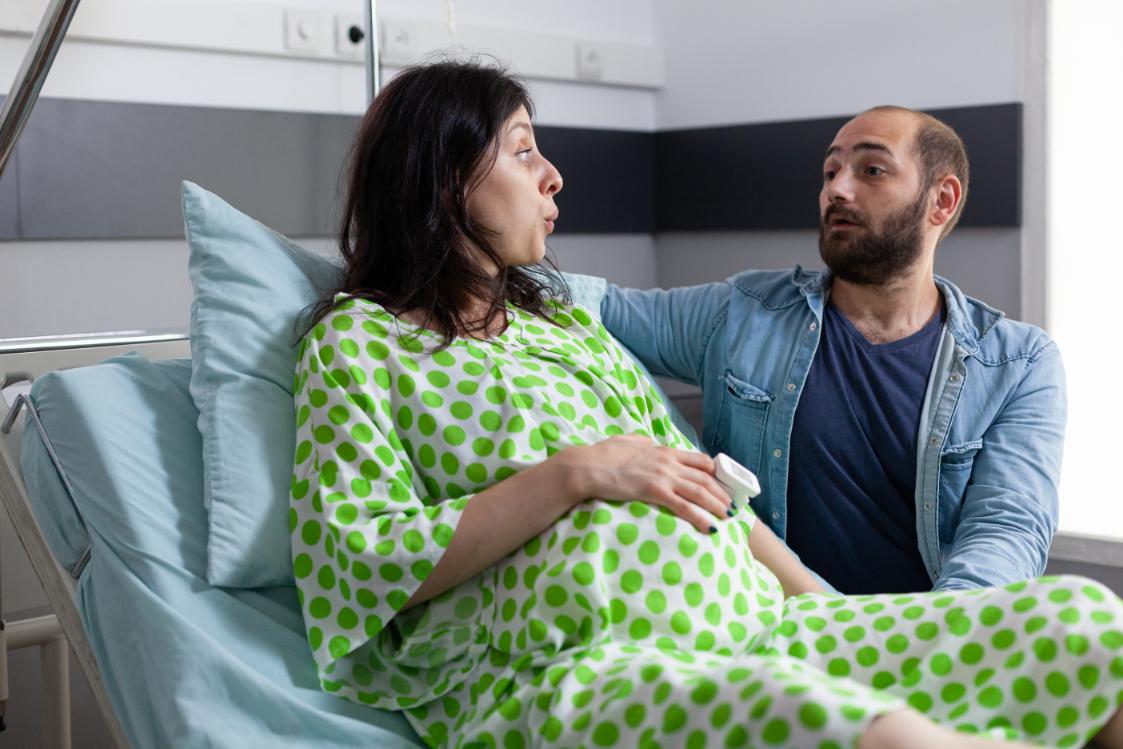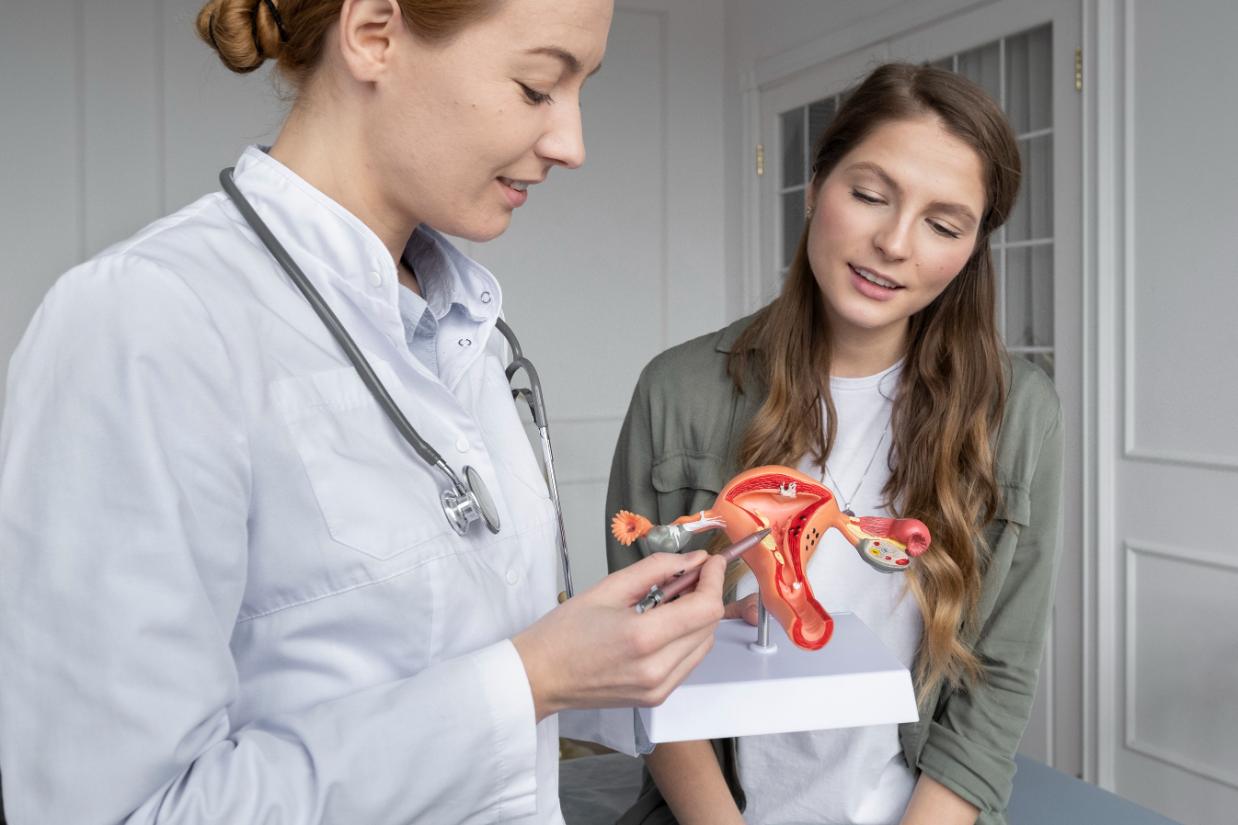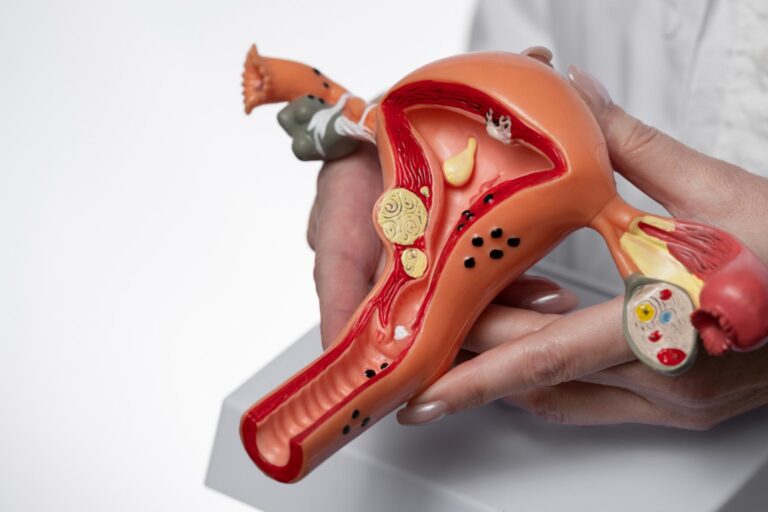
Do fibroids affect pregnancy? This is one of the most common concerns that are related to fibroids uterus related issues. This is why, we thought, all women and their partners need to have a better idea on this. To start off, there are fibroids treatment options and you can choose only after a medical consultation.
Fibroids, scientifically known in medical terms as leiomyomas or myomas. They are non-cancerous growths and so you do not have to fear the presence of a fibroid. For people who ask, “ Are fibroids cancer free?” Yes, is what we can say.
Also Read: Treatment Options for Female Infertility
This is a mass that develops on the muscle wall of the uterus. Although they are quite common, affecting about 80% of women by age 50, fibroids are not harmful like most people fear. However, if you are presently in childbearing age, this mass can create an obstruction and hinder the process of pregnancy.
What are Fibroids?
These Fibroids in the uterus are benign tumors made up of smooth muscles and a couple of connective tissues.
How big can fibroids uterus grow in real?
There is no limit. There are women who have had small pea sized ones in their uterus and they hardly know about it. Whereas there are melon sized ones that also seek our attention and medical intervention. It can grow in any part of the uterus and some of the types of fibroids uterus are:
- Intramural fibroids: These are mostly found within the uterine muscle wall.
- Subserosal fibroids: Such fibroids grow on the outside of the uterus.
- Submucosal fibroids: The last type takes form inside the uterus, just beneath the lining of the uterine cavity.
People note this only when they feel a sudden pressure deep within or unusual bleeding like menstrual types. So, you have felt it, then it’s best you take a medical checkup of the same.
What are the Causes of Fibroids in the uterus?
As per medical research, we cannot pinpoint on any one reason. There are many causes like:
- Hormonal imbalances: With the presence of Estrogen and progesterone, these hormones are the ones that regulate the menstrual cycle. When there is an imbalance, it can promote the growth of fibroids.
- Genetic factors: We cannot deny the presence of genetical disorders, and this increases the risk.
- Age: Most often, it is seen for women above 50, but younger women between 30- 50 also experience it.
- Ethnicity: Statistics have revealed that African-American women have a greater chance to develop fibroids than women of other ethnic backgrounds.
- Lifestyle factors: Fatty diets, lack of exercise can contribute to all this.
Can Fibroids Affect Pregnancy?
In normal cases, this won’t affect the woman. But this may hinder her ability to conceive. This is due to the impact of fibroids on fertility. It depends on their size, location, and number. In the case of Submucosal fibroids, that grow inside the uterus, are more likely to interfere with conception and pregnancy. Therefore, this type can destroy the uterine cavity and create a block for the fertilized egg to get implanted.
How are the ways in which fibroids affect pregnancy?
- Blocking the fallopian tubes: If a woman has large fibroids, this can obstruct the fallopian tubes, preventing the sperm from reaching the egg.
- Hindering the path for embryo implantation: Fibroids tend to ruin the shape and stability of the uterus, making it more difficult for an embryo to implant successfully.
- Increasing the risk of miscarriage: Fibroids, when large, can disrupt the blood flow to the uterine lining. This is a problem of miscarriage in early stages of pregnancy.
Just to note, although many women with fibroids can conceive naturally, certain cases may require medical intervention, particularly if the fibroids are large or submucosal.
Can Fibroids be treated without surgery?
The answer would be a yes and no. It all depends on the size of your fibroid and how the fibroid uterus is growing and spanning across the uterus area. For this, you always need to consult with your gynecologist about this.
Fibroids Treatments to Note
If fibroids are affecting fertility or causing other complications, several fibroids treatment options are available:
- Myomectomy: This happens to be a surgical procedure to remove fibroids while preserving the uterus. It is one of the most practiced methods.
- Uterine artery embolization (UAE): This option is a minimal invasive procedure to cut the blood supply to fibroids. That can shrink the fibroid and cause no harm to the woman.
- Medications: Certain Hormonal treatments, such as gonadotropin-releasing hormone (GnRH) agonists, decrease estrogen and shrink the fibroids.
- Magnetic Resonance-guided Focused Ultrasound (MRgFUS): A non-invasive technique using high-frequency ultrasound waves to heat and destroy fibroids.
What does Medical Research have to say about fibroids & pregnancy?
While fibroids do pose challenges for some women trying to conceive, new treatments for fibroids add hope to their lives. For the latest research on fibroids and fertility, show that more than 80% of ladies may have the presence of fibroids by the age 50. When some grow a lot, they notice. While some finds have very small ones, this goes unnoticed.
Also Read: Causes of Infertility in Women
However, if you’re experiencing difficulty conceiving or managing fibroid symptoms, you can take a consultation with our gynecologists and choose the best fibroids treatment option.


